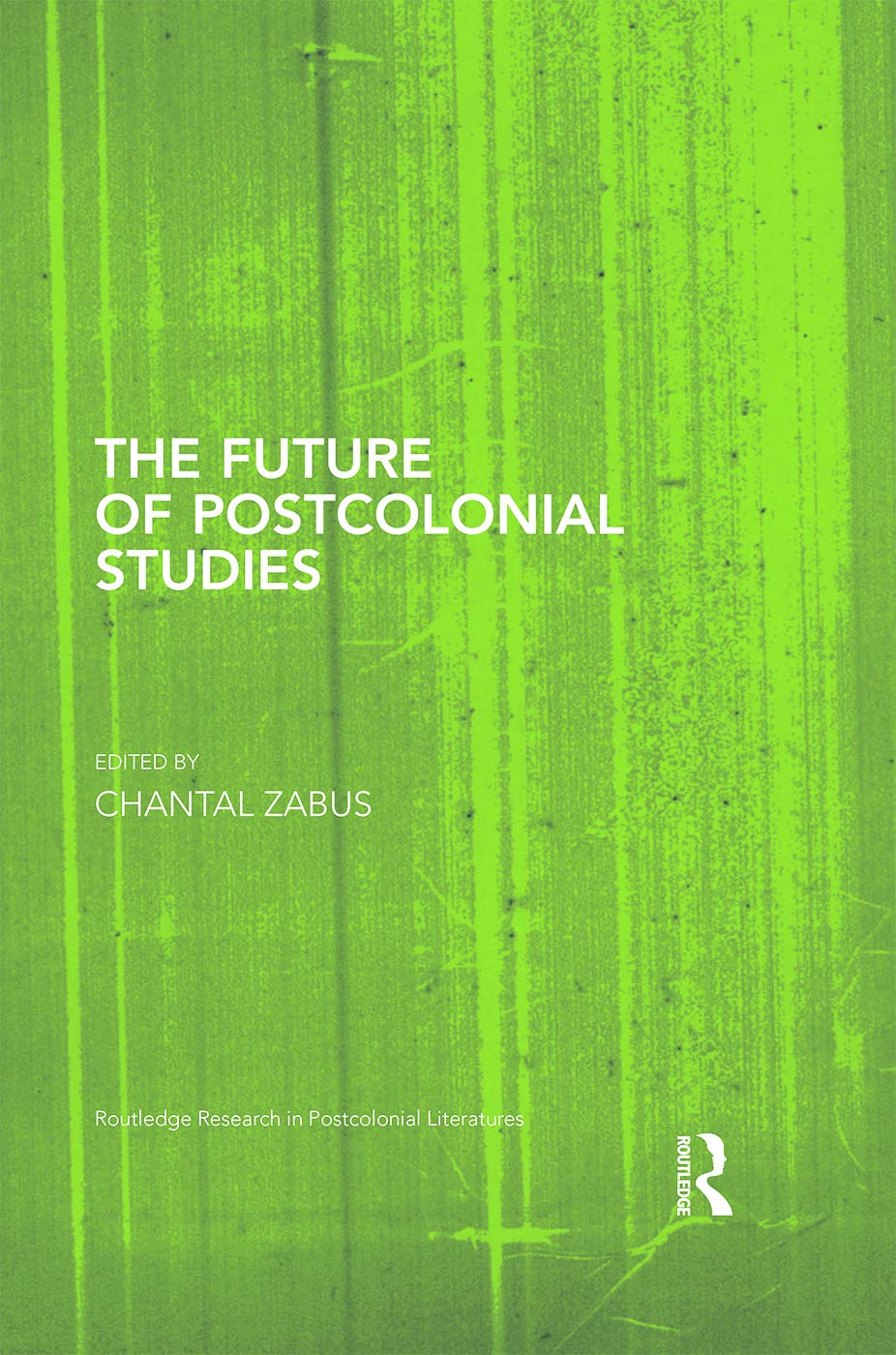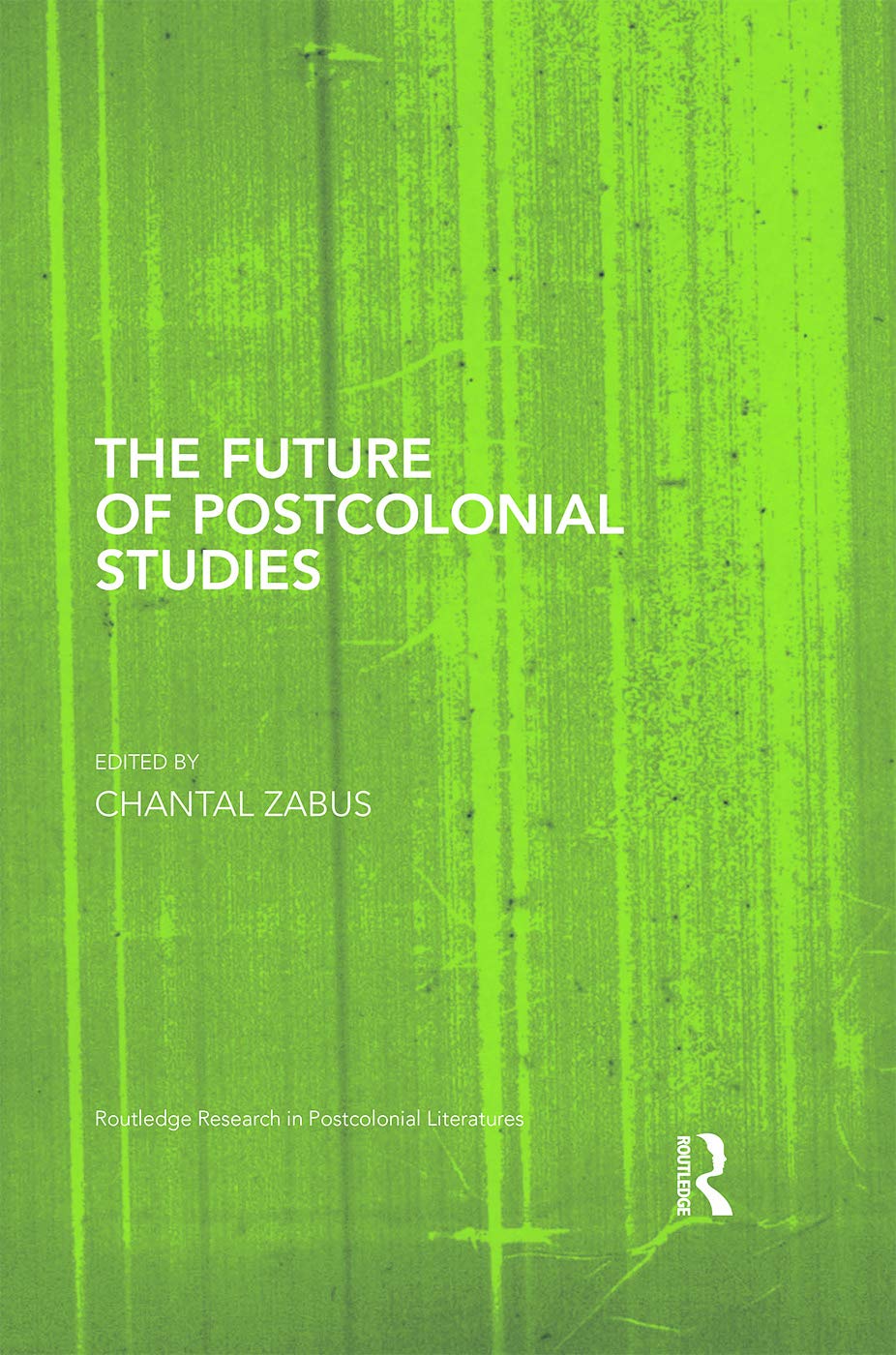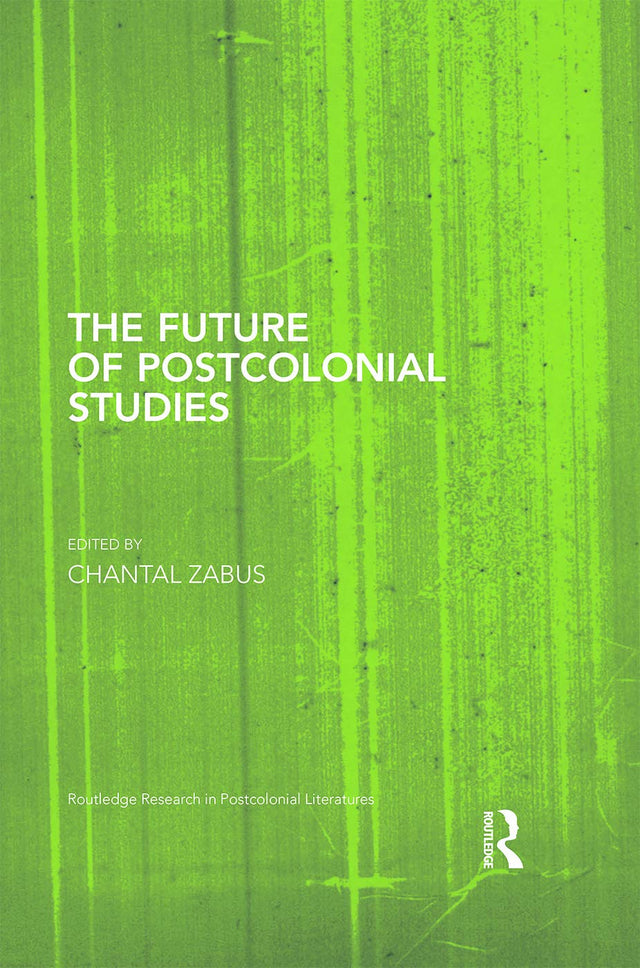The Future of Postcolonial Studies (Routledge Research in Postcolonial Literatures)
The Future of Postcolonial Studies (Routledge Research in Postcolonial Literatures) is backordered and will ship as soon as it is back in stock.
Couldn't load pickup availability
Genuine Products Guarantee
Genuine Products Guarantee
We guarantee 100% genuine products, and if proven otherwise, we will compensate you with 10 times the product's cost.
Delivery and Shipping
Delivery and Shipping
Products are generally ready for dispatch within 1 day and typically reach you in 3 to 5 days.
Book Details
-
Author: Chantal Zabus
-
Publisher: Routledge
-
Language: English
-
Edition: 1
-
ISBN: 9780415714266
-
Pages: 248
-
Cover: Hardcover
-
Dimensions: 9.0 x 6.3 x 0.8 inches
About the Book
"The Future of Postcolonial Studies" by Chantal Zabus marks a significant milestone in the field, celebrating the twenty-fifth anniversary of the groundbreaking publication The Empire Writes Back by Bill Ashcroft, Gareth Griffiths, and Helen Tiffin. The 1989 publication of The Empire Writes Back revolutionized the understanding of postcolonial cultures and their narratives, putting them at the forefront of scholarly discourse. Now, with this vibrant collection of fifteen chapters, Zabus extends this conversation and reflects on how postcolonial studies have evolved and intersected with present-day concerns.
This collection brings together both established and emerging scholars, who engage with the early concepts of postcolonial studies while addressing new and emerging trends that are reshaping the field. Topics explored include:
-
Comparing: Analyzing the intersections between postcolonial cultures and global practices.
-
Converting: Discussing how postcolonial identities are continually transformed by historical, cultural, and political processes.
-
Greening: Considering the postcolonial connection with environmentalism and sustainability.
-
Post-queering: Examining the intersection of postcolonial studies and queer theory.
-
Utopia: Exploring the role of postcolonial studies in envisioning a better future.
Spanning the colonial period from the 1860s to the present day, this volume takes a wide-ranging approach to postcolonialism, exploring the diverse experiences of postcolonies, both within and outside the Anglophone world. The book reassesses critical concepts such as nation-state, language, race, religion, sexuality, and the environment, providing a comprehensive and forward-thinking perspective on the future of postcolonial discourse.
Zabus asserts that postcolonial studies remain a dynamic and anticipatory discourse, constantly evolving as it responds to global shifts. The Future of Postcolonial Studies is a must-read for scholars and students interested in understanding the continued relevance of postcolonial theory and its role in addressing contemporary global challenges.





